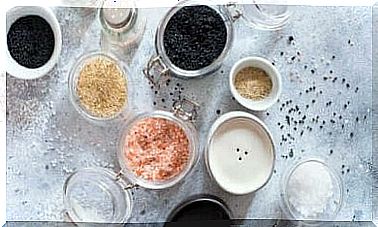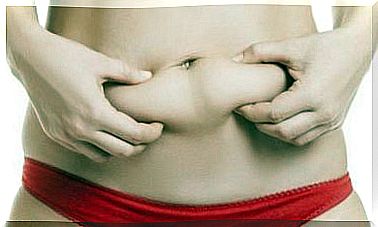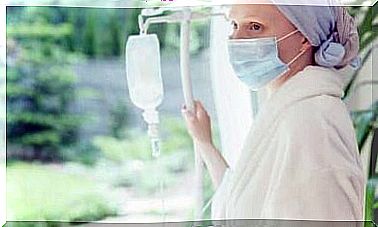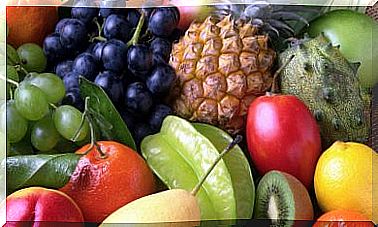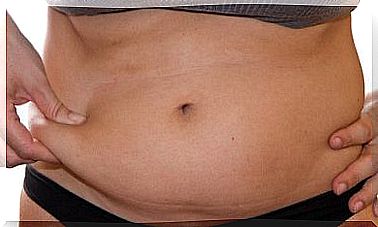Do You Get Fat During Menopause?

Many women wonder if they get fat during menopause. First, we need to know that menopause is a period in a woman’s life during which menstruation stops occurring. It usually occurs after the age of 45 and has hormonal consequences.
At this stage, the ovaries stop producing estrogen and progesterone. It is believed that a woman enters menopause when she has not menstruated for a year. However, it is a process accompanied by physical changes, some of which are worrying.
One of the main fears of women is the possible weight gain associated with this period. In the following lines we will reveal what is true in this phenomenon, what are the mechanisms involved and what we can do to prevent it. Don’t miss this article!
Do you get fat during menopause? Hormonal changes
To answer this question, it is important to point out that a number of important hormonal changes occur during menopause. While these may be associated with weight gain, experts actually link them mostly to aging.
In fact, as we age, muscle mass decreases, especially in the absence of regular exercise. This loss of active tissue leads to a significant reduction in calorie consumption and, consequently, weight gain, without altering dietary habits.
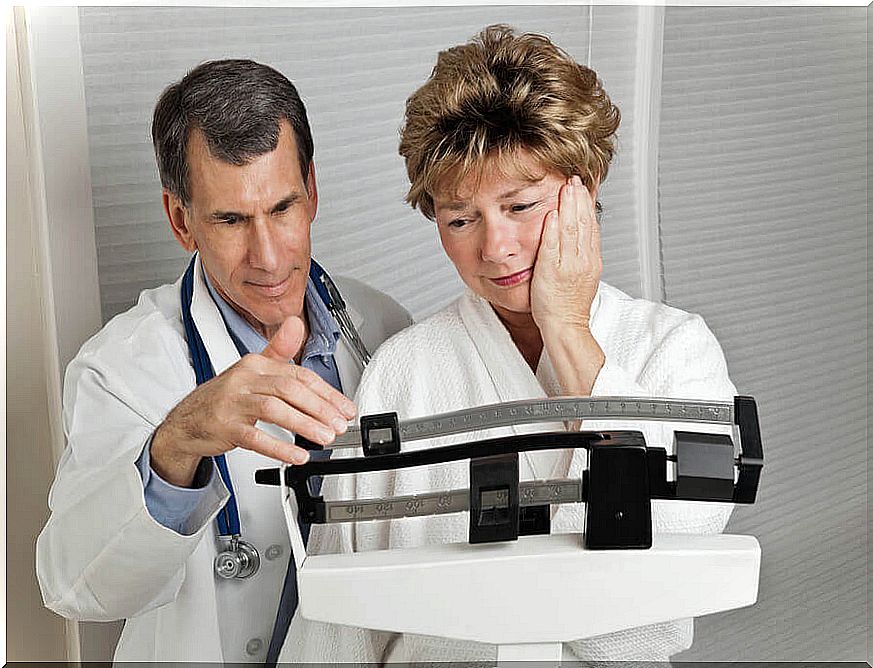
A study in the journal Climateric suggests that “hormonal changes may be associated with the increase in fat mass in the abdominal area.” As a solution to this problem, he proposes to follow an estrogen-based therapy.
Nonetheless, he concludes that further studies need to be carried out to confirm the effectiveness of this therapy on body composition.
How to prevent changes in body composition
Hormonal changes and muscle loss must be compensated for in order to avoid unwanted weight gain. To improve the metabolic rate, the best choice is to perform muscle exercises that prevent the loss of active tissue.
In addition to this, the scientific literature ensures that regular exercise is crucial for the prevention of problems such as osteoporosis during menopause. From a nutritional point of view, it is necessary to adopt a series of measures that guarantee the supply of nutrients that the body needs, without however an energy imbalance occurring.
1. Intermittent fasts
They are a great way to drop several daily calories without putting in excessively high effort. The ideal is to skip breakfast, because in the morning the hormonal cycles cause a lesser sensation of appetite.
Studies ensure that these dietary protocols help prevent complex diseases and the onset of type 2 diabetes.
2. Lower consumption of carbohydrates
The function of carbohydrates is fundamentally energetic. In postmenopausal women, unless they perform a muscle exercise program, the need for this nutrient is reduced.
It is therefore positive to reduce the consumption of carbohydrates and slightly increase the protein consumption. This strategy will help prevent muscle loss.
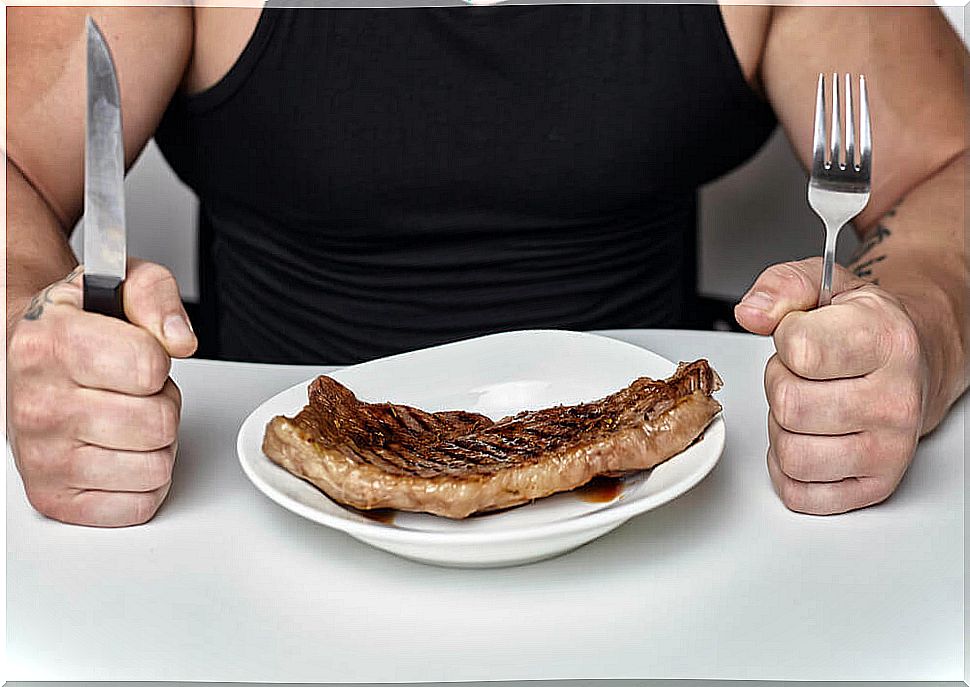
In many cases, however, strict ketogenic diets can be difficult to follow. Furthermore, their lack of fiber can be a problem for intestinal health. However, we can adopt a low carbohydrate diet without having to face these drawbacks; it is enough to learn to choose the origin of the same well.
The consumption of whole grains and unprocessed foods is able to offer the amount of fiber necessary for the body. Furthermore, according to numerous studies, the consumption of fiber is associated with the prevention of cardiovascular disease.
3. Do you get fat during menopause? Not with fresh, seasonal foods
In such a delicate phase of life from a hormonal point of view, it is necessary to ensure the body the right amount of vitamins, minerals and antioxidants. For this purpose, there is no better ally than fresh food.
By avoiding industrial products, we can improve the intake of micronutrients and reduce the consumption of trans fatty acids and chemicals.
The regular presence of fruits and vegetables in the diet will provide the amount of antioxidants necessary to counteract aging and free radicals.
If you want an extra intake of these nutrients in your diet, remember that the scientific literature ranks blueberries and berries as some of the best allies.
So… do you get fat during menopause?
The process involving changes in body composition during the menopause period is completely avoidable. Despite a number of changes affecting hormones and aging, which can negatively affect fat gain, there are methods that can effectively compensate for these imbalances.
Following a healthy diet, rich in fresh products, to be combined with regular physical exercise, will prevent the appearance of unwanted abdominal fat from 45 years of age.
